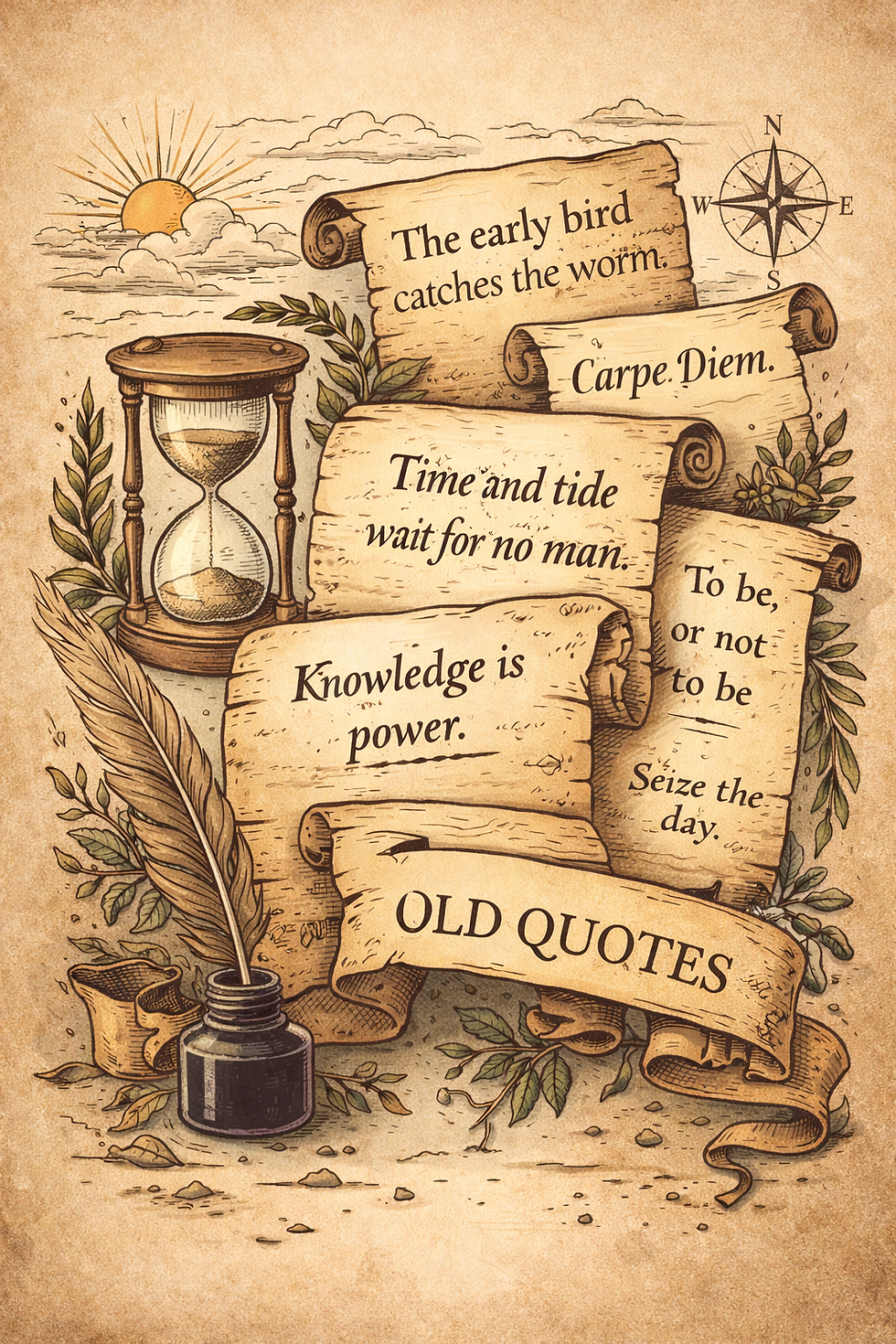Coaching the Older Athlete
- Team MPI

- Mar 31, 2025
- 2 min read
Updated: Apr 26, 2025
 MUSINGS FROM A COACH - 1 APRIL '25 |
As I’ve often emphasized, coaching knowledge is an endless journey without a definitive destination. While we accumulate knowledge over years of experience with hundreds of athletes, we recognize that continuous learning is an essential aspect of our profession.
However, we also observe significant similarities and iterative progress in various coaching areas, particularly when it comes to coaching older athletes. This topic is vast and highly individualized, but I’ve chosen to focus on a few common themes.
One fundamental principle in my coaching philosophy is that there are no absolute truths; everything exists on a “bell curve,” with outliers being a constant presence.
In swimming, for instance, if an athlete has been swimming for years with sound technique, reducing their volume is almost universally beneficial. This approach reduces stress on the body, enhances recovery time, and provides opportunities for training in other sports. We’ve realized that those big days aren’t as necessary anymore!
In cycling, the most significant changes I’ve observed involve adapting the bike fit to the athlete’s body to prioritize comfort. Aerodynamics, which was once a primary concern for low-slung TT, Road, or MTB bikes, becomes secondary to comfort, especially for lifelong riders. Additionally, it’s crucial to maintain or improve strength on the bike.
In running, we need to embrace experimentation with new shoes (even new brands) to reduce the harsh impact of running. Furthermore, if athletes have primarily focused on road running, it’s recommended to minimize exposure to hard surfaces whenever possible. Lastly, if your cadence is too slow, it can have adverse effects as we age, so it’s essential to address this issue.
In nutrition, unless we're focused on body composition during the off-season, proper fueling during all sessions becomes paramount. For decades, endurance athletes have been under-fueled. As we age, fueling correctly during training provides additional support for recovery after every session. Moreover, if you’re not tracking your daily protein intake, it’s highly recommended.
Recovery - Arguably the most significant change that all aging athletes must adapt to - is that you need more rest! There’s no way around it. This means adding a day (or even more) off a week (or every other week). Additionally, listening to your body and taking those unexpected days off are crucial in producing incredible performances even in later years of life.
I’ve coached dozens and dozens of athletes in their 60s and 70s, and I’ve been truly inspired by their ability to compete, get stronger, and enjoy the process even more. We can all improve regardless of our age!
However, we must have our minds accept that we’re no longer in our 40s (even if we’ve been outperforming those athletes!) Embrace getting older and know that we can always improve!
Gratefully,
Mark CEO Team MPI |



Comments